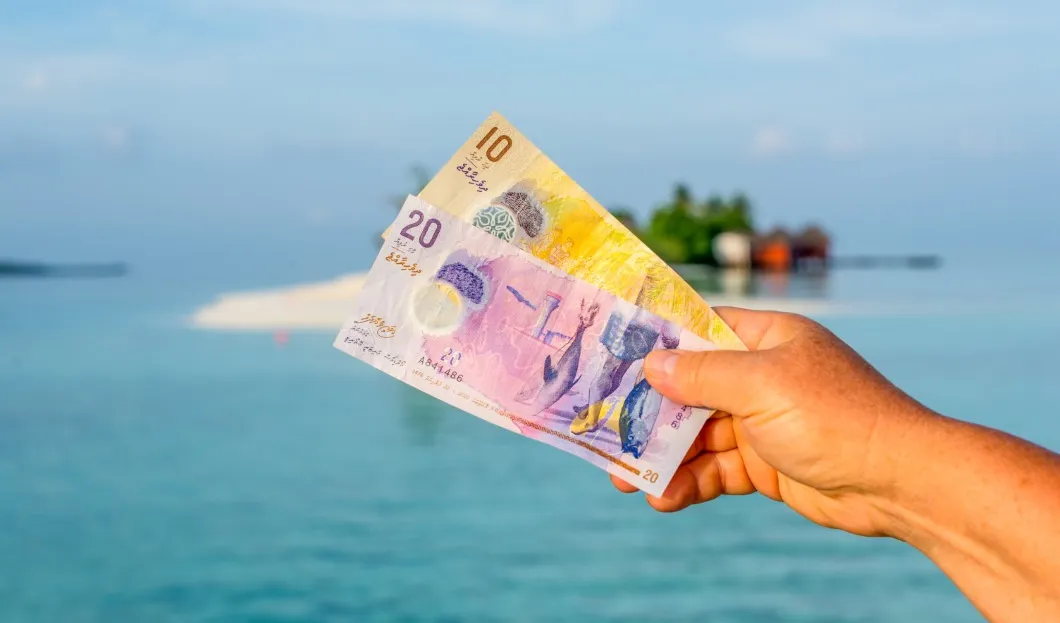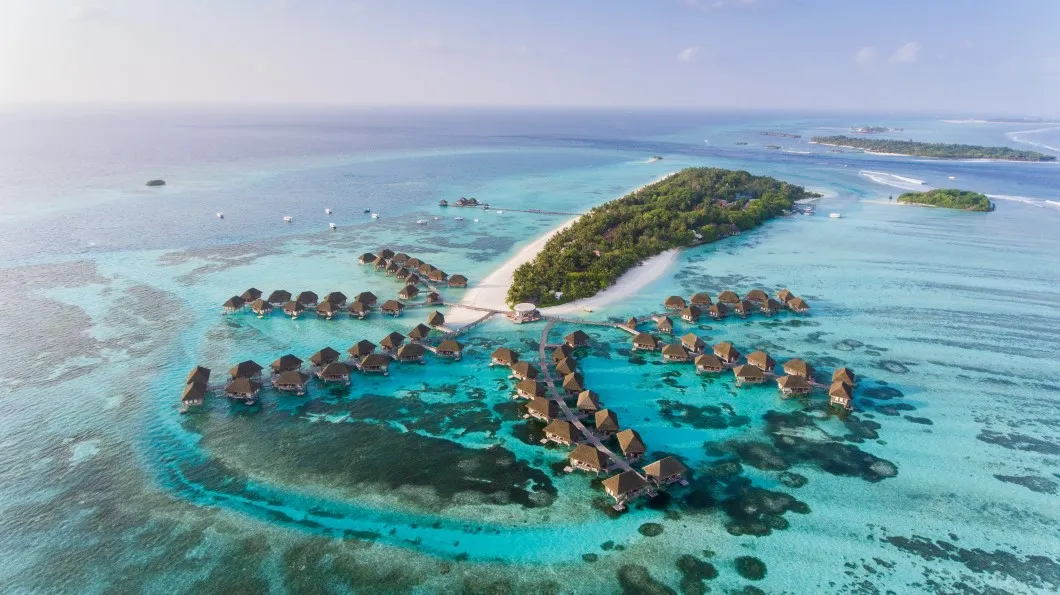
The Maldives authorities announced their strategy to revive the tourism sector after the Corona lockdown. However, this has little to do with sensible measures and much to do with taking advantage of the situation.
Currently, airlines are gently ramping up their flight schedules again, while many countries are considering lockdown loosening and the conditions for opening borders. The world is practically waking up from the corona trauma. It has been repeatedly emphasized that it also offers an opportunity to reposition oneself, to create new rules and objectives.
As is so often the case, some also see this as an opportunity to earn some extra money on the misery or gullibility of others. But when a whole state does it right away, it is particularly unpleasant. That at least is the impression that the Maldives is currently leaving behind.
The popular island paradise has announced how it intends to reopen itself to the very important tourism industry. In doing so, they want to focus above all on the (health) safety of their guests. This is not wrong in principle. But the list of conditions and especially the prices are a bit steep and seems to be the tool of government enrichment.
Tourists must be able to show a booking at a resort that has a "Safe Tourism License" to enter the country. This license is awarded to resorts that implement newly defined hygiene regulations (e.g. special training for employees, social distance markings, reserved rooms for isolation/quarantine). The small problem: the license fee for obtaining such a certificate is a hefty USD 50,000. But that's not all: the tourists who have a reservation there must acquire a special tourist visa. This costs US$100 per person and is due "until further notice". The highlight: It is only issued if tourists spend at least 14 nights on the Maldives.
And there is more: tourists have to present a medical certificate which is not older than one week (PCR test) or two weeks (antibody detection). And even if you have that, an additional PCR test is done upon entry. Cost: $100 per test. And you will be "locked up" in your resort room until the test results are available.
Even transport providers are asked to pay. From June 1 onwards, you may enter the country by private plane or yacht. A landing fee of 50'000 dollars is charged for private aircraft and an anchorage fee of 10'000 dollars for yachts. From July 1, charter and scheduled flights are allowed to land again. Landing fee: $50,000. Guesthouses and hotels may then be used freely again from 1 August. When the cruise liners will be allowed to land again is still not clear.

The Maldivian Ministry of Tourism has announced that the above measures must be in force at least until and including September 2020. Now the hygiene measures per se are actually understandable and comparable with measures taken elsewhere - but the costs involved are not. There is already an outcry in the Maldivian hoteliers. On Facebook, for example, Shanoon Khalid, founder and CEO of Adore Maldives, lets his anger run wild: in a kind of open letter to the president of Maldives Ibrahim Solih, he calls on him to "stop this nonsense".
It is simply incomprehensible that a country where 56.6% of its economic output is generated by tourism, according to the WTTC, takes this approach to boost tourism. There are actually only two conclusions: Either government agencies or their officeholders simply found a way of government enrichment. Or the Maldives, having gone from being a luxury destination to a mass destination, now wants to focus exclusively on luxury tourists again for the time being. It is questionable whether people who do not shy away from these fees would be willing to undergo PCR tests on arrival and then wait in quasi-quarantine. It is to be hoped that the Maldives will not implement this plan - as it is only a draft.
Update:
After a strong opposition of the Maldives’ tourism industry stakeholders, the government of the Maldives has concluded to cancel proposed fees. The final guidelines are not yet available but will be revised and should be up by June 1.









